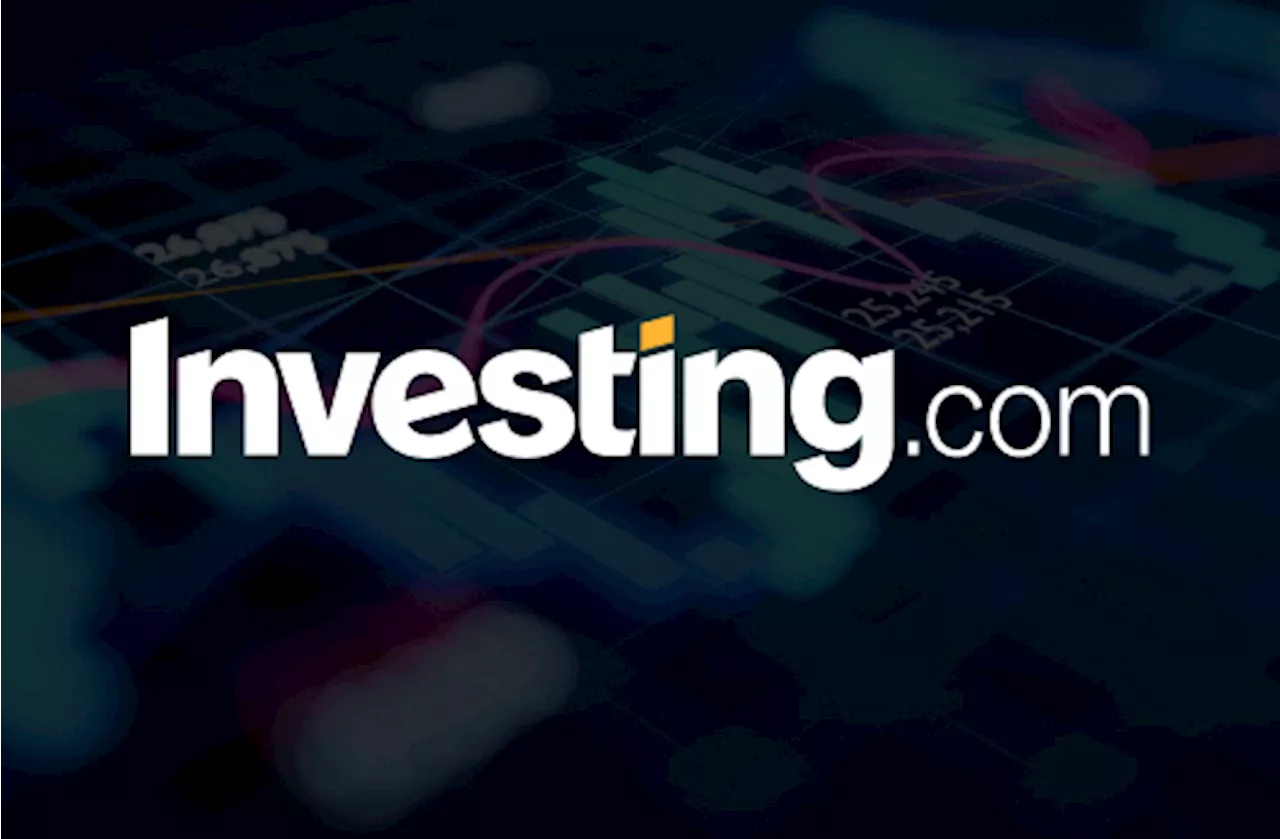President Trump's first day in office saw him announce bold plans for economic policy, including the imposition of tariffs on imports from Canada, Mexico, and potentially China. While he claims these tariffs will help combat inflation, many economists and consumers express skepticism. Trump's energy policies also aim to increase domestic production, but the effectiveness of this strategy in lowering prices is uncertain.
On his first day as president, Donald Trump announced bold plans to reshape economic policy. His ideas for revising US priorities are as brash and audacious as they are controversial and contested in some quarters. Imposing new tariffs are among the more conspicuous changes that the 47th president is considering. On Monday, he said that 25% tariffs on Canada and Mexico could start as soon as February 1st.
The start date marks a delay from campaign rhetoric when he promised to impose tariffs on his first day. Reporters at the White House asked Trump if he was prepared to impose tariffs on all imports coming into the US — he said: “We may. But we’re not ready for that yet.” The president also punted on imposing higher tariffs on China. Instead, he ordered his administration to investigate trade with the world’s second-largest economy and determine if Beijing had fulfilled obligations in a deal signed with the first Trump administration. In his inauguration speech yesterday, Trump said: “I will direct all members of my cabinet to marshal the vast powers at their disposal to defeat what was record inflation and rapidly bring down costs and prices.” Inflation, in fact, has fallen sharply over the past two years, although it’s turned sticky lately and remains moderately above the Federal Reserve’s 2% target. The question is whether sharply higher tariffs on the biggest US trading partners are counterproductive in the pursuit of lowering inflation further. UBS CEO Sergio Ermotti today advises that “Tariffs will probably not really help inflation to come down. And therefore I don’t see rates coming down as fast as people believe.” Consumers appear to agree. The University of Michigan’s January survey of consumer sentiment reflects concerns that broadly targeted tariffs that Trump has promised will raise prices for households. “We see evidence in this survey that consumers expect tariffs to raise the prices of many types of goods,” says Oliver Allen, senior US economist at Pantheon Macroeconomics. “In general, a tax from tariffs, or any other policy, creates a deadweight loss to the economy,” writes LPL’s chief economist. “Businesses and consumers feel the impact; employment typically shrinks, and our foreign trading partners often retaliate.” The Cato Institute’s Scott Lincicome also paints a cautious outlook on expecting tariffs to help tame inflation. “It’s misguided to claim, as some misguided souls recently have, that protective tariffs don’t increase US prices.” He reasons: “The basic logic and economics here are again straightforward: If tariffs didn’t increase import prices, then they wouldn’t protect U.S. companies from that foreign competition; and if those U.S. companies were already selling at or below the import price, then they wouldn’t need a tariff to change American importers’ and consumers’ behavior.” Part of Trump’s plan to lower inflation appears related to increasing energy production. He declared a “national energy emergency” and said the country would “drill, baby, drill” to lift oil and gas production to “unleash affordable and reliable American energy.” The only problem is that the US is already the world’s leading producer of oil so it’s debatable if higher production will lower energy prices and inflation. A related headwind: some analysts advise that an oversupply of oil and gas exists. This much is clear: big changes are coming. It’s unclear how all of Trump’s plans will impact inflation, but for good or ill Trump 2.0 has started and the status quo looks set to give way
ECONOMICS INFLATION TARIFFS ENERGY TRUMP
United States Latest News, United States Headlines
Similar News:You can also read news stories similar to this one that we have collected from other news sources.
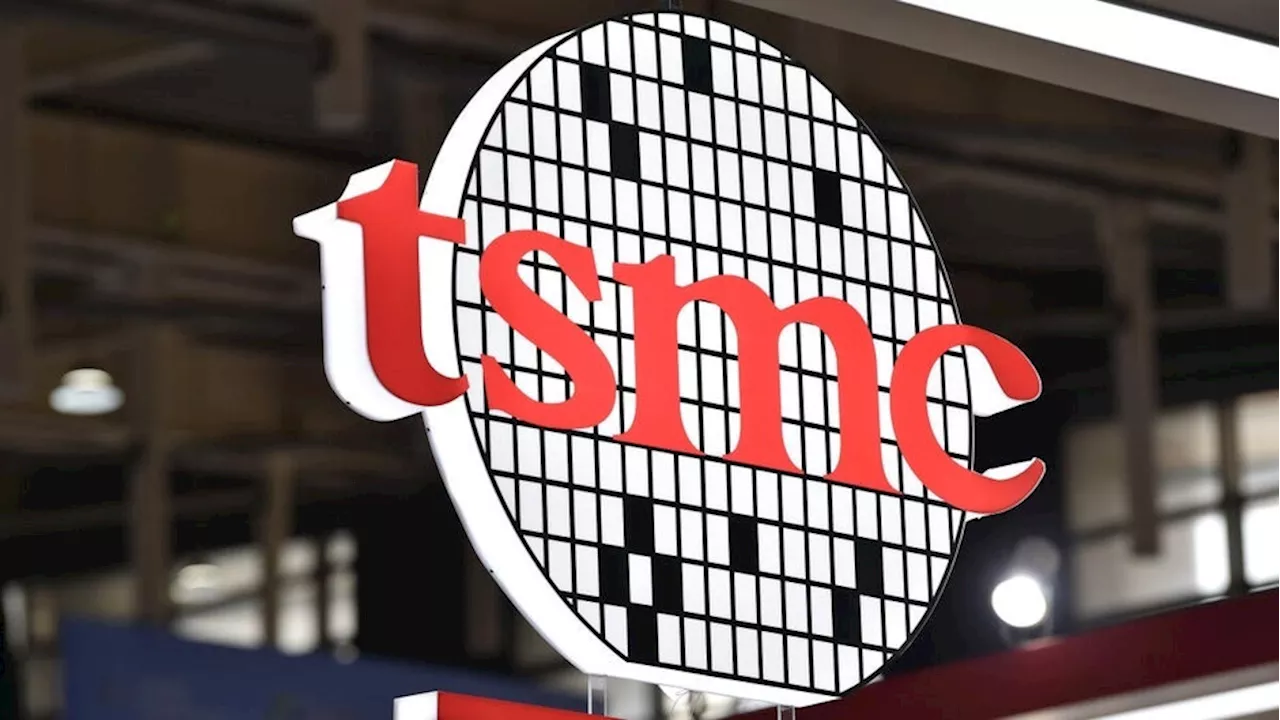 TSMC Skips Trump Inauguration Amid Tariff ThreatsTSMC CEO C.C Wei stated the company will not donate to or attend the upcoming presidential inauguration, citing a preference for a low profile. However, the decision likely stems from the looming threat of tariffs imposed by President-elect Trump, who has previously accused TSMC of stealing American business and relocating it to Taiwan. This avoidance could be a strategic move by TSMC to observe the situation and assess the potential impact of Trump's policies on its business model.
TSMC Skips Trump Inauguration Amid Tariff ThreatsTSMC CEO C.C Wei stated the company will not donate to or attend the upcoming presidential inauguration, citing a preference for a low profile. However, the decision likely stems from the looming threat of tariffs imposed by President-elect Trump, who has previously accused TSMC of stealing American business and relocating it to Taiwan. This avoidance could be a strategic move by TSMC to observe the situation and assess the potential impact of Trump's policies on its business model.
Read more »
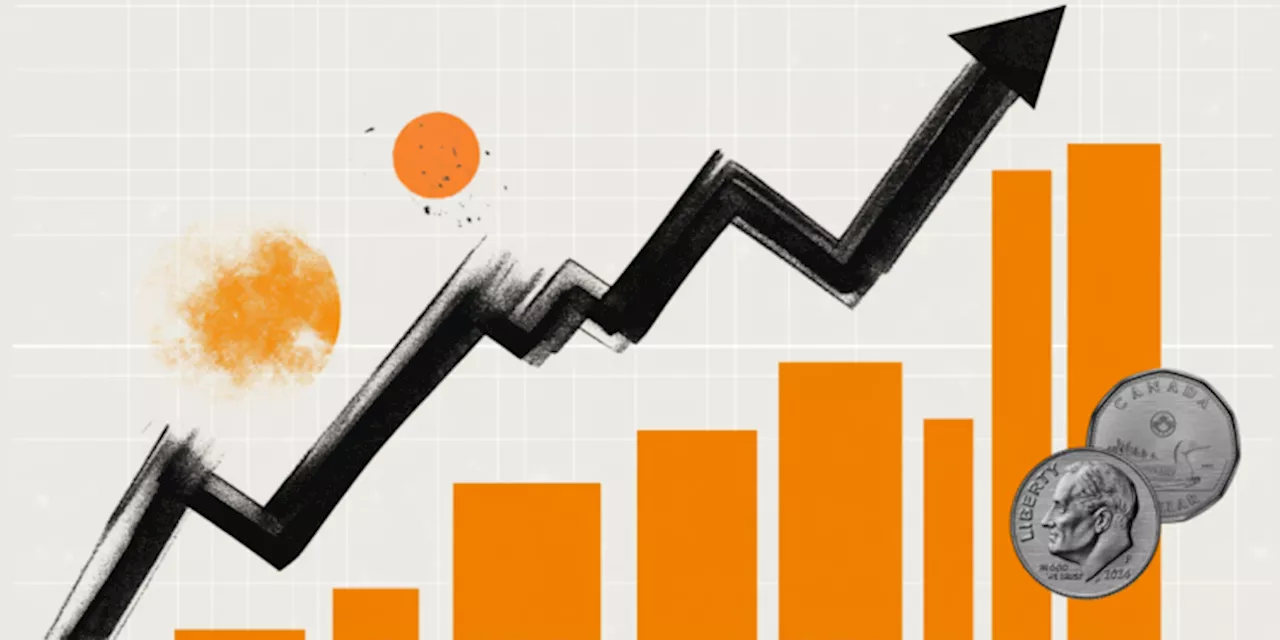 USD/CAD Climbs Sharply as Trump's Tariff Threats Cast Shadow on Canadian EconomyInvestor caution and anticipation of Trump's 25% tariff increase on Canadian exports drive the USD/CAD pair to near 1.4430. Softer CPI data fuels expectations of Fed rate cuts, strengthening the US Dollar further. Canadian Dollar weakens as the looming trade war dampens economic outlook.
USD/CAD Climbs Sharply as Trump's Tariff Threats Cast Shadow on Canadian EconomyInvestor caution and anticipation of Trump's 25% tariff increase on Canadian exports drive the USD/CAD pair to near 1.4430. Softer CPI data fuels expectations of Fed rate cuts, strengthening the US Dollar further. Canadian Dollar weakens as the looming trade war dampens economic outlook.
Read more »
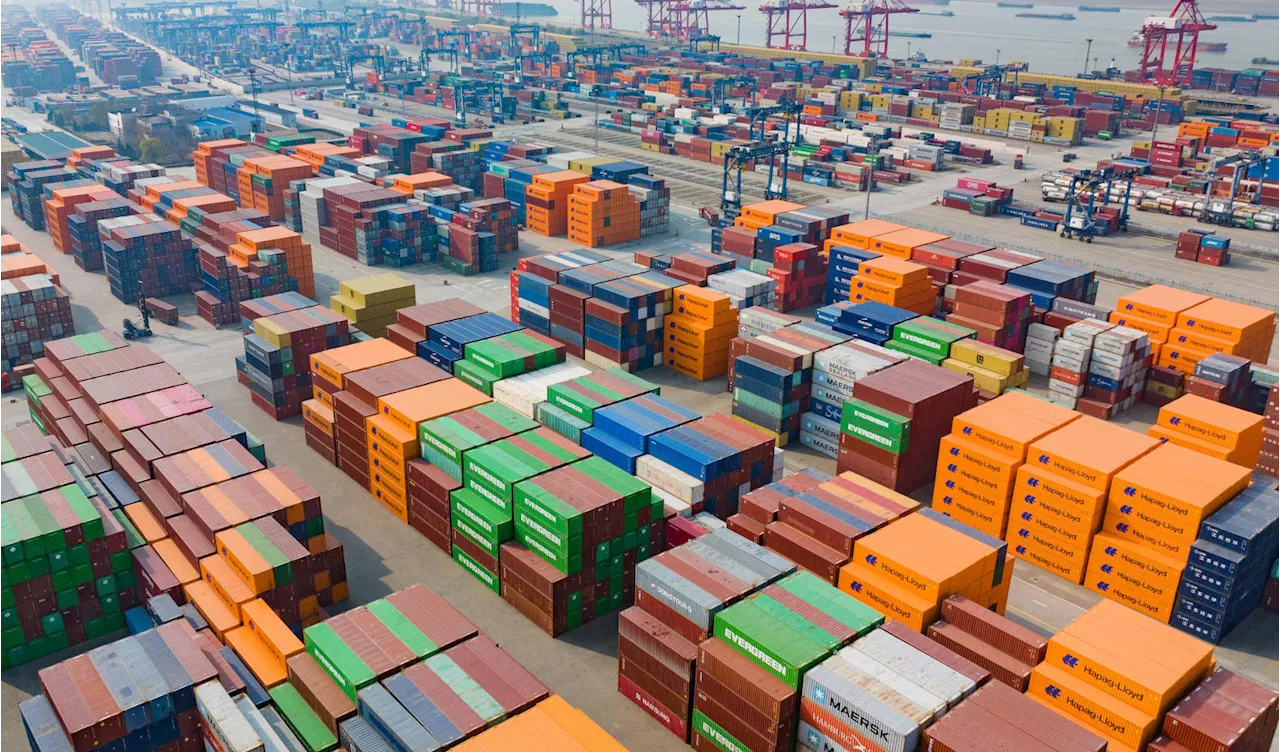 Trump tariff threats fuel frontloading of trade shipments into U.S., led by ChinaCompanies are expediting cargo shipments into the U.S. ahead of new tariffs from President-elect Trump, with Chinese trade the biggest on the move.
Trump tariff threats fuel frontloading of trade shipments into U.S., led by ChinaCompanies are expediting cargo shipments into the U.S. ahead of new tariffs from President-elect Trump, with Chinese trade the biggest on the move.
Read more »
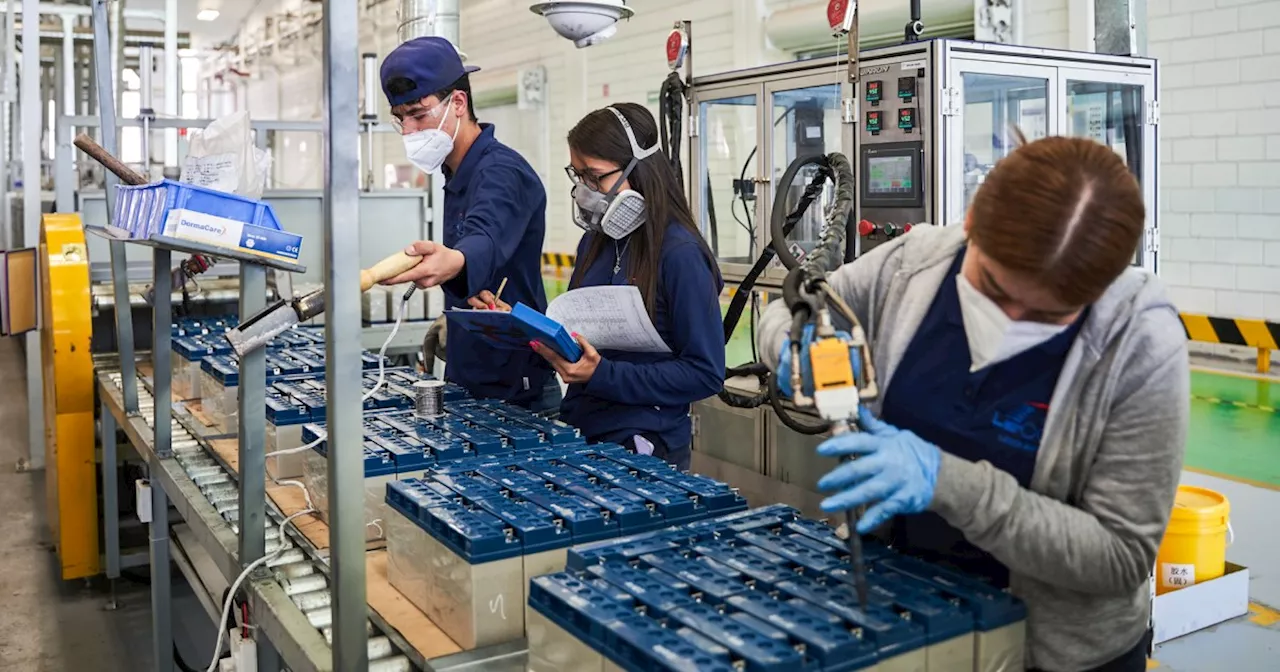 Trump’s China tariff threats are helping fuel a manufacturing boom — in MexicoShannon Pettypiece is senior policy reporter for NBC News.
Trump’s China tariff threats are helping fuel a manufacturing boom — in MexicoShannon Pettypiece is senior policy reporter for NBC News.
Read more »
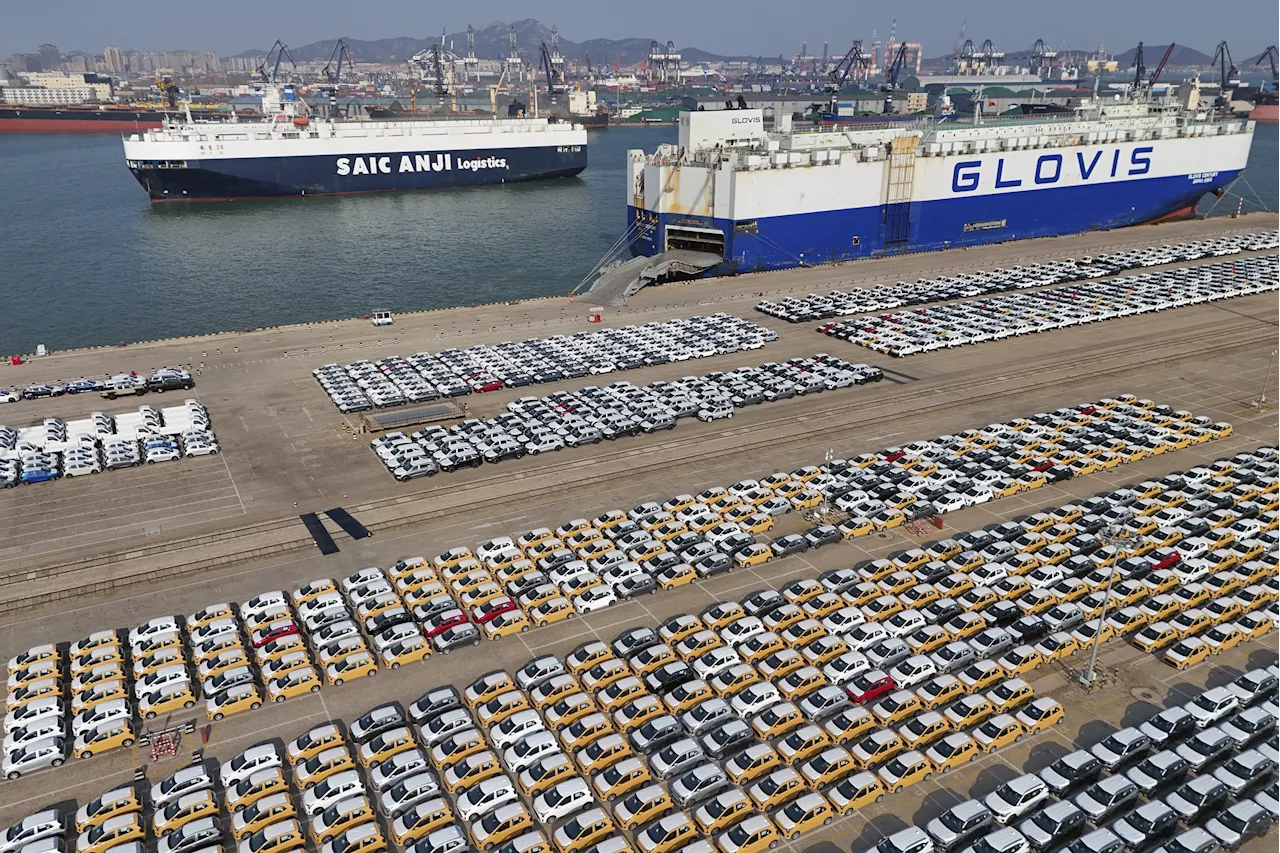 Record Trade Surplus as China Races to Beat Trump Tariff ThreatsExports rose faster than expected, according to official customs data.
Record Trade Surplus as China Races to Beat Trump Tariff ThreatsExports rose faster than expected, according to official customs data.
Read more »
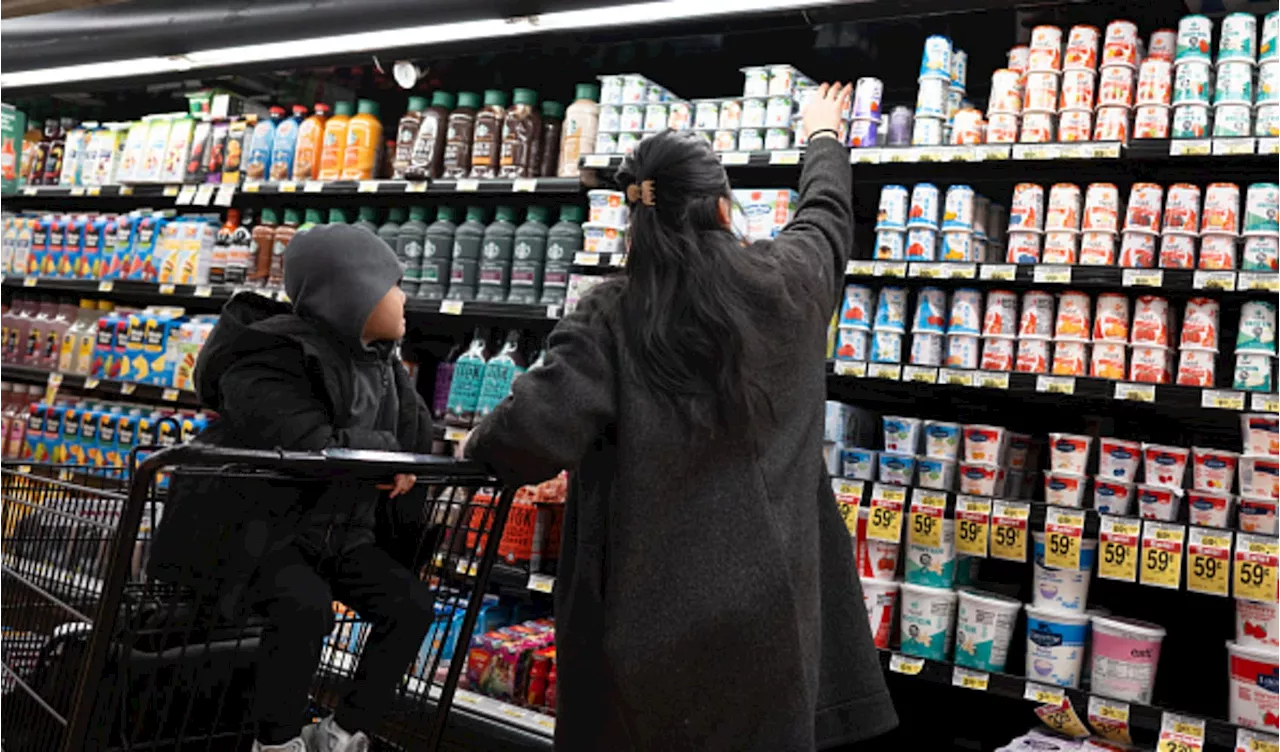 Trump's Tariff Threats Loom Over Global Supply Chain and Consumer PricesPresident-elect Donald Trump's proposed tariffs on goods from China, Mexico, and Canada could have a substantial impact on the global supply chain and consumer prices. The article explores the potential consequences of these tariffs, the uncertainty surrounding the implementation details, and the perspectives of economists, industry experts, and consumers.
Trump's Tariff Threats Loom Over Global Supply Chain and Consumer PricesPresident-elect Donald Trump's proposed tariffs on goods from China, Mexico, and Canada could have a substantial impact on the global supply chain and consumer prices. The article explores the potential consequences of these tariffs, the uncertainty surrounding the implementation details, and the perspectives of economists, industry experts, and consumers.
Read more »
